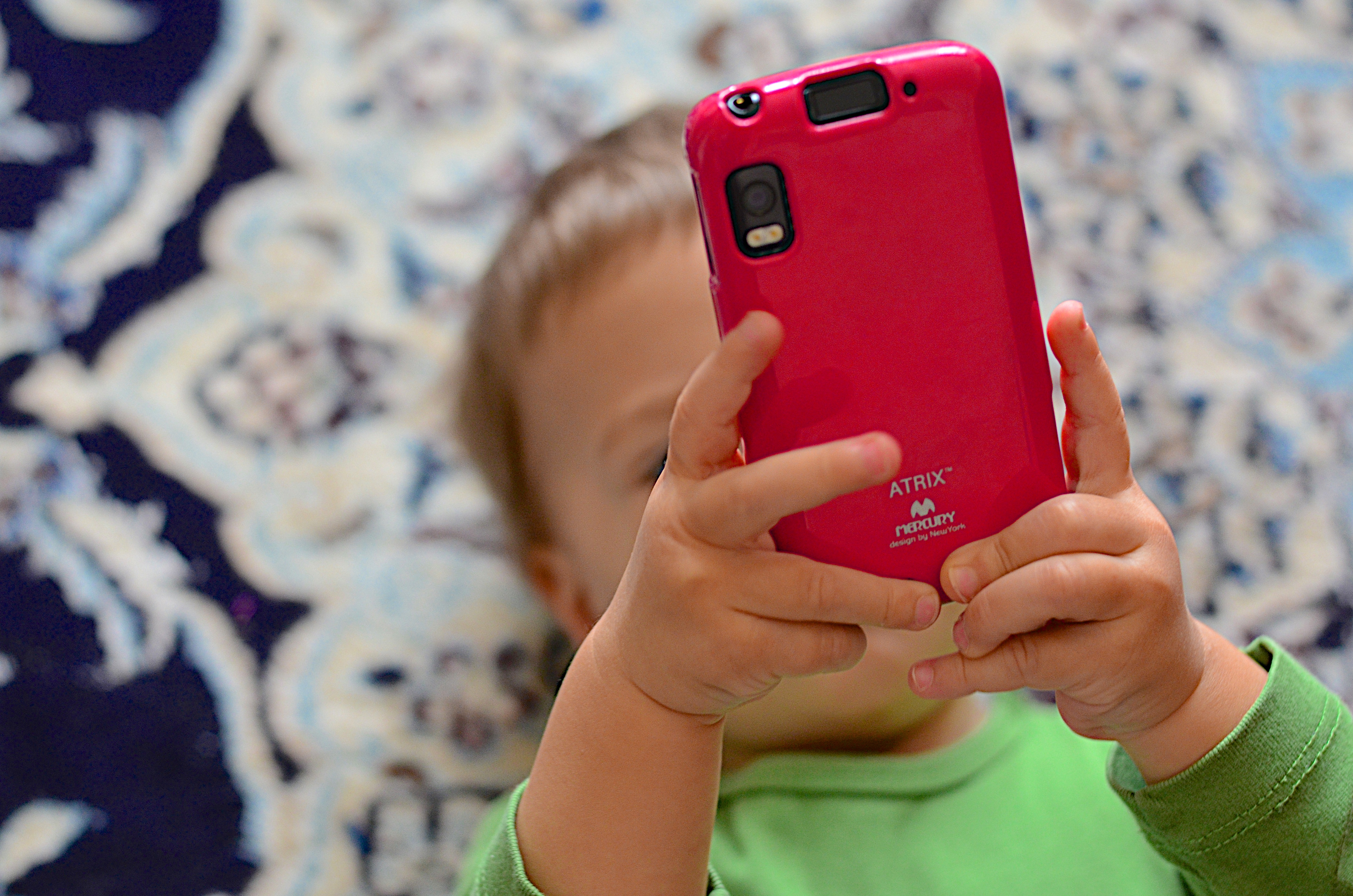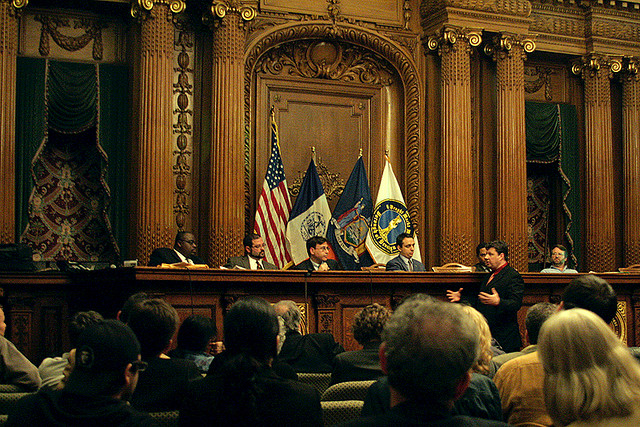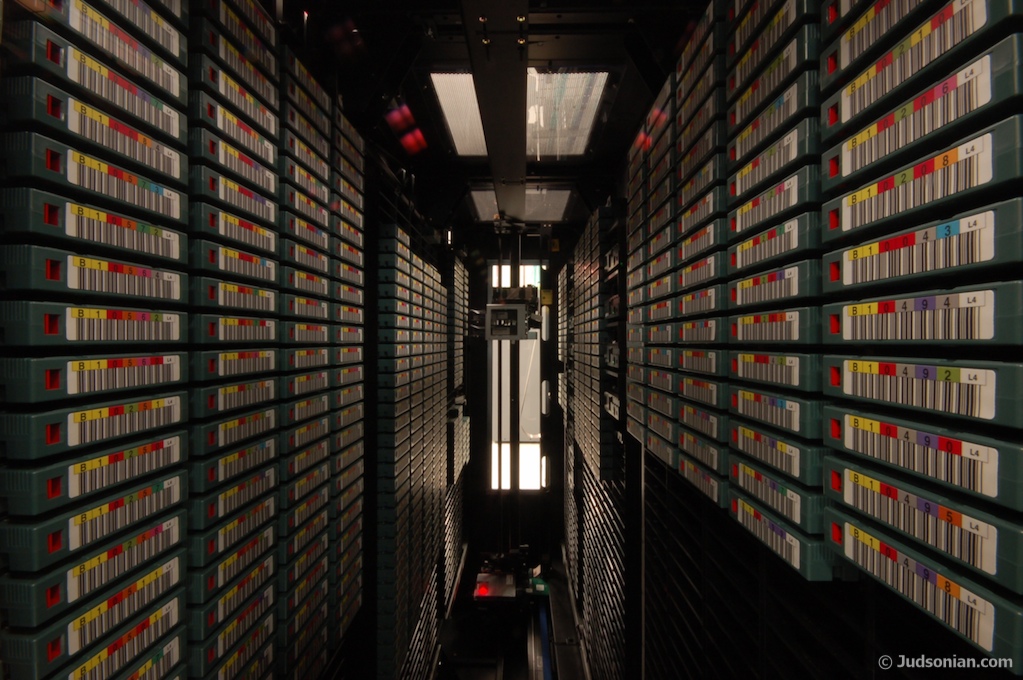In the wake of the recent terrorist attacks in Paris, French law enforcement is considering banning public wi-fi. According to leaked documents by the French Ministry of the Interior, law enforcement wants to secure the Tor network when a state of emergency is declared by banning the use of the public wi-fi all together. The French newspaper La Monde is said to have leaked the documents.
The city of Paris currently has over 300 locations that are serviced by public wi-fi and the Tor network. French law enforcement believes that public networks makes it harder to catch suspected terrorists who might be using the network to communicate to each other. The Tor network allows anonymity online and has also been used as a secure network for a drug marketplace. It is currently unclear if the Tor network was used during the Paris attacks and French law enforcement authorities are cautious about its possible use for ISIS communication in the future.
Blocking the Tor network completely would present a challenge for the French government. China is the only country that blocks Tor outright. To achieve this, the Chinese government has to block public entry nodes to the Tor network. In addition, China has to lookout for secret entry nodes. Unlike China, France promotes online freedom for its citizens. Therefore blocking the Tor network would infringe on the rights of French citizens. Since French law enforcement does not know if blocking Tor will have an effect on the ability for terrorist groups to communicate, it is a big risk. Encrypted social media chat apps like WhatsApp, in theory, are easier ways for terrorist groups to communicate without worrying about interference from the government.
The debate over privacy and national security seems to have just gotten started. New legislation that includes these stipulations may be presented to the French Parliament as early as January 2016.
Article via Mashable, 8 December 2015
Photo: Paris November 2015 via Roberto Maldeno [Creative Commons Attribution-NonCommercial-NoDerivs]




